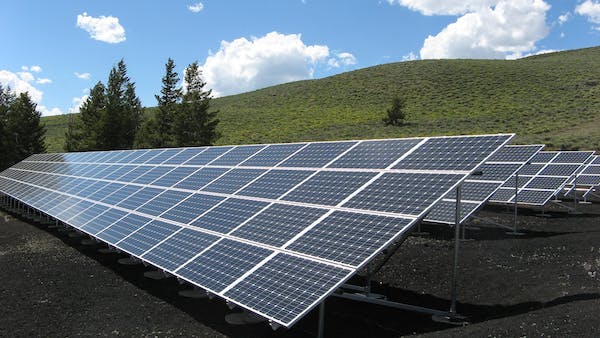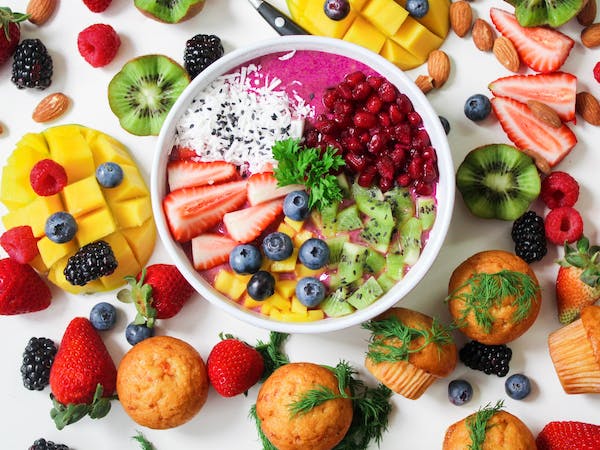Our lives are shaped by the choices we make every single day. From something as simple as what to have for breakfast to larger decisions like committing to a new career, lifestyle choices can have a profound effect on our lives. Accordingly, understanding the power these choices have is vital to our success and happiness.
At the core, these lifestyle choices are the result of our own self-control. We use this to resist temptation and enact long-term plans. This requires long-term foresight to recognize what choices are needed to reach a desired goal. Understanding the power of choice also encourages us to take greater responsibility for these actions and their potential consequences.

One of the most important ways to make the most of our lifestyle choices is to focus on the present. Being mindful of our current circumstances can help us appreciate the impact of our choices. With this awareness, each choice can become an opportunity to make a significant change.
Developing an empowered lifestyle begins with determining our goals. Creating a life plan can help guide our decisions, as this can give us an idea of what our future could look like. Additionally, if we have trouble following through with our goals, we can always depend on the support system of friends and family, as a support system can improve our health and well-being.
When it comes to actions that enable a healthier lifestyle, our choices can have a major impact on our physical and emotional wellbeing. To begin creating positive changes, we can start with something as simple as including more physical activity in our daily routines. This activity is essential to health and wellness, as it helps keep our bodies feeling energized and prevents us from becoming overwhelmed by stress and fatigue.
Additionally, it’s important to make healthy eating choices. Not only does this provide us with the nutrients we need to stay energized and alert, but it also aids in ensuring a sustained level of physical health. We can even customize our diets and food choices to our age, gender, and lifestyle.
In a broader sense, making lifestyle choices that promote personal development can be beneficial. Engaging in activities such as taking classes, reading, or exploring new cultures can help us gain a greater understanding of the world around us and how we interact with it. Further, gaining knowledge and skills can help us achieve our goals, as well as live a better life both personally and professionally.
Making the most of our lifestyle choices starts with understanding the power of our choices. With this knowledge, we can make intentional decisions that support our pursuit of a healthier, more successful life. By taking time to focus on ourselves, develop goals, create a support system, and refuel with nutritious food and physical activity, we can unlock the potential of our choices and create a lifestyle that works for us.








